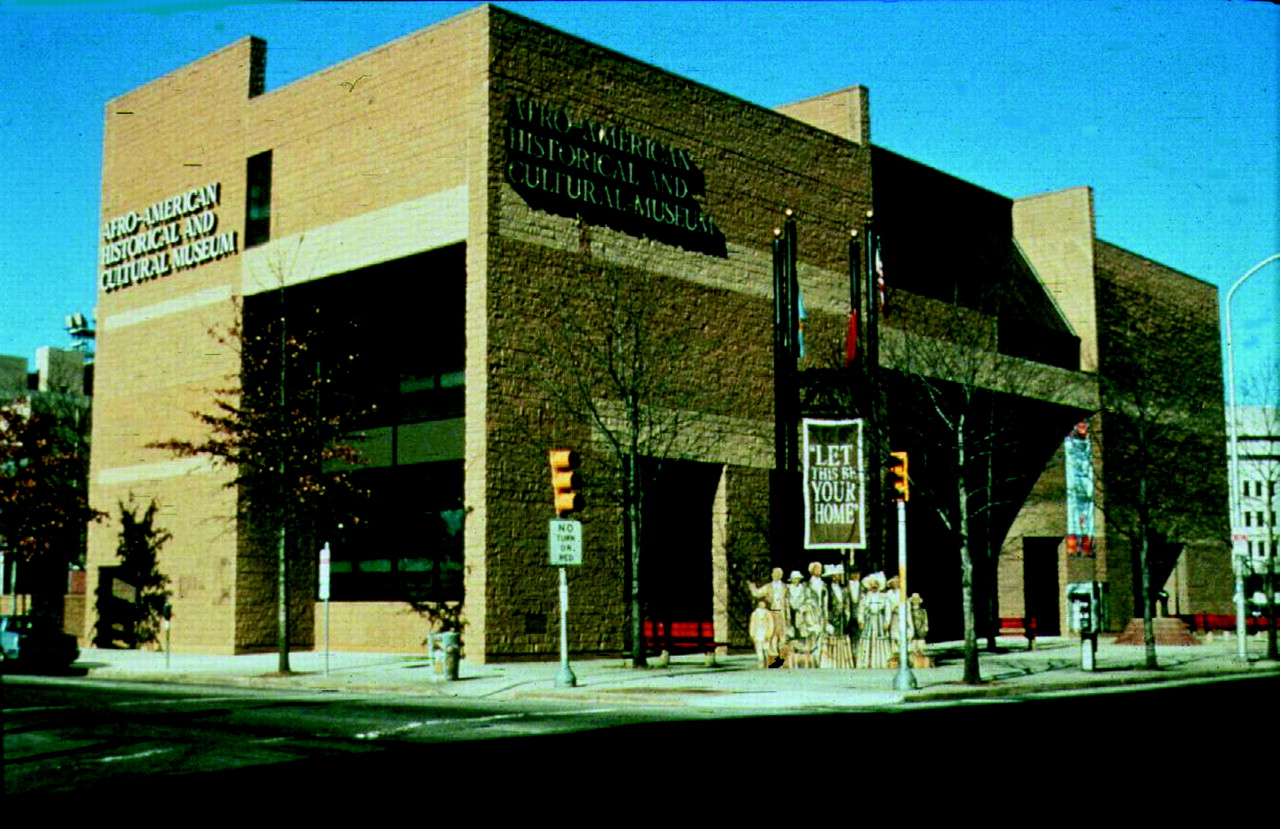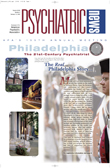The City of Brotherly Love and Sisterly Affection is also becoming known as the number-one destination in the United States for multicultural tourism.
The U.S. Department of Commerce and publications such as Essence and Hispanic have touted Philadelphia’s appeal as a source of ethnic history attractions. The following ideas offer just a sample of the variety of cultures and experiences available to visitors willing to venture beyond the traditional historic sites.
Jazz, Sacred Art, and Historic Churches
In conjunction with its 25th anniversary, the African American Museum in Philadelphia will be hosting an exhibition during the week of the annual meeting of art, artifacts, and memorabilia that have a sacred, spiritual, or patriotic history.
For evening entertainment, check out the Freedom Repertory Theatre. One of the nation’s premier performing arts venues, the John F. Kennedy Center in Washington, D.C., has cited it as one of the six best African-American theaters in the United States.
Philadelphia was jazz-great Billie Holliday’s birthplace. Today, the city is home to the Philadelphia Clef Club of Jazz and Performing Arts, a multimillion-dollar facility that is an outgrowth of the former Black Musicians’ Union Local 274, whose members included Dizzy Gillespie, John Coltrane, and Nina Simone.
There are two organizations hard at work promoting Coltrane’s legacy—the John W. Coltrane Cultural Society and Trane Stop Resource Institute.
Not far from the Liberty Bell, at Sixth and Lombard streets, is Mother Bethel African Methodist Episcopal (A.M.E.) Church, the world’s first A.M.E. church and a focal point for civil rights struggles.
Noodle Stores, Murals, and Videos
The Chinese Friendship Gate at 10th and Arch streets welcomes visitors to Philadelphia’s Chinatown. When Lee Fong opened a laundry in 1870 at 913 Race Street, he became the first settler in Chinatown. A stunning mural at 11th and Winter streets depicts the area’s history, which goes back more than a century.
Today in the compact Chinatown area, there are more than 50 ethnic restaurants, tea rooms, and noodle stores and a Chinese cookie factory. At 930 Race Street is the Chinese Benevolent Association, a gathering place and resource center for anyone interested in Asian culture.
The Asian Arts Initiative hosts displays of works by visual artists and readings by poets and other authors. It also sponsors the Seeing Voices Workshop, which offers Asian-American teenagers a safe place in which to discuss issues like substance abuse and gang violence, along with training in making videos, which enables them to bring their thoughts and conversations to life.
May is Asian-American Heritage Month, so check the newspaper for special events while at the annual meeting.
Salsa, Cuban Percussion, and Tamales
Cuba, the Dominican Republic, Mexico, and Colombia are some of the countries represented in Philadelphia’s Hispanic population. The Fifth and Lehigh District, about 20 minutes north of Independence Hall by car, is the heart of this thriving community.
Two of its major cultural centers are Taller Puertorriqueno and Asociación de Musicos Latino Americanos (AMLA). Taller Puertorriqueno promotes Puerto Rican artistic and cultural traditions through its arts-and-crafts shop, performances, and art gallery.
AMLA encourages appreciation of Latin music through workshops and live performances. Founded by musicians from 13 Philadelphia salsa groups, it has developed Pennsylvania’s first Latin music school. Recent offerings included workshops on the African roots of Latin rhythms and Afro-Cuban percussion.
Centro Musical houses a collection of recorded music, videos, instruments, sheet music, and magazines in Spanish.
Colombian, Cuban, Spanish, Puerto Rican, and Mexican are some of the cuisines represented in the restaurants of the area.
For night life, try the Tierra Colombiana Restaurant and Night Club. There’s dancing on weekends.
Painted Bride Art Center offers programs that use the arts to bring cultures together. Recent events included performances by a visiting Chinese dance troupe, a jazz ensemble using Brazilian rhythms, and concert music showing common themes between Arabic and Jewish music. ▪

